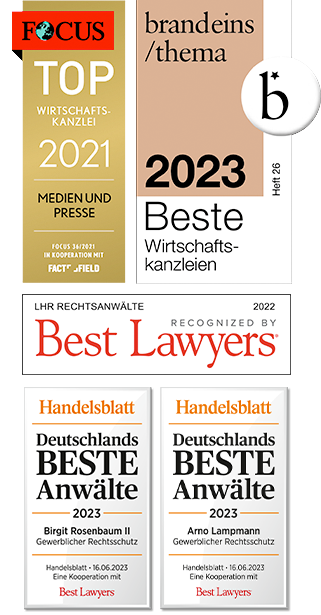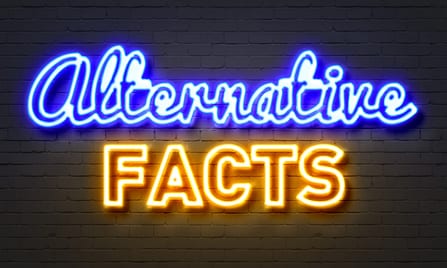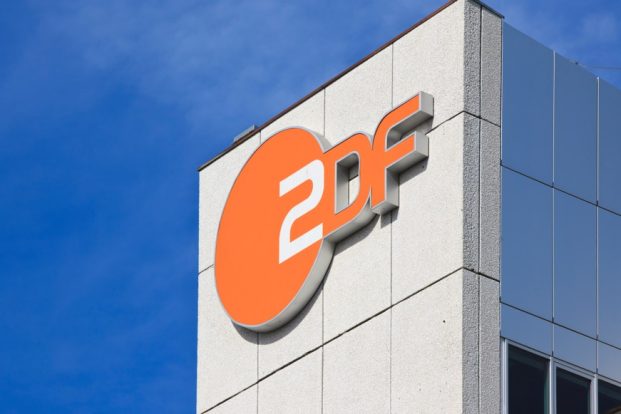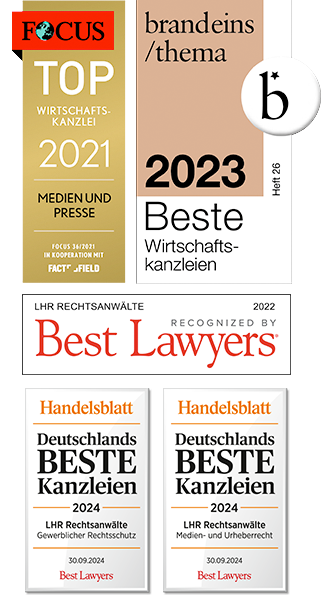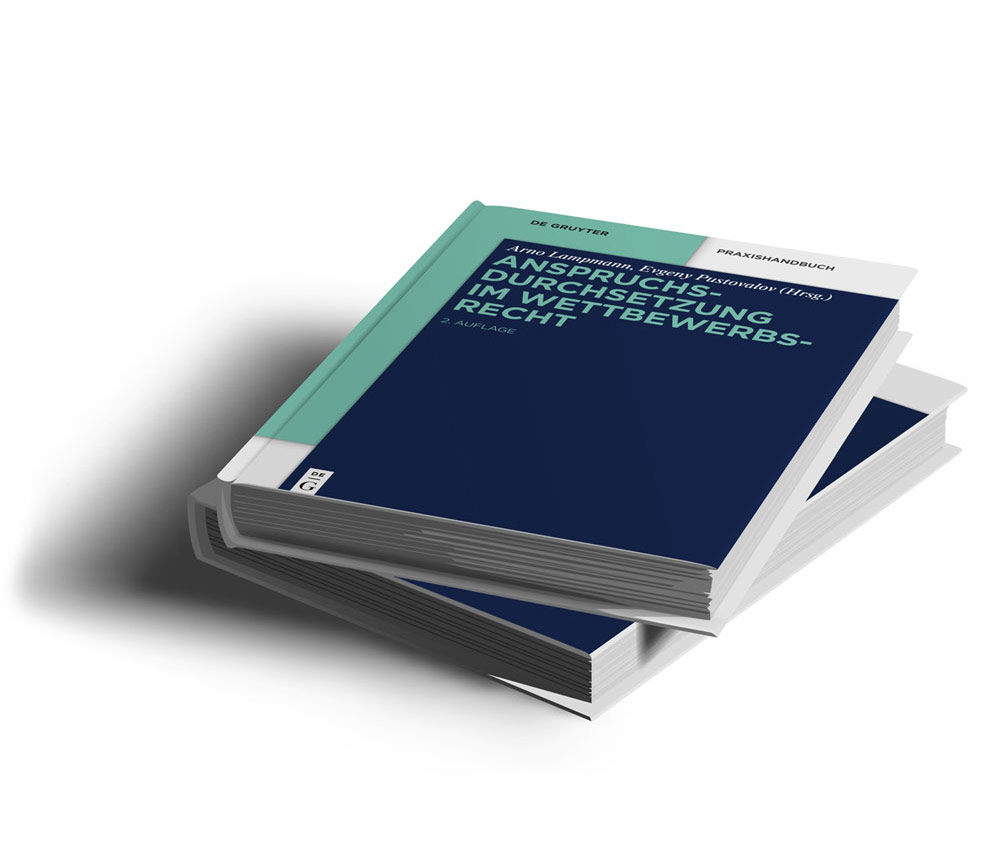Hamburg Regional Court prohibits allegations of fraud on Facebook by “crypto guru”
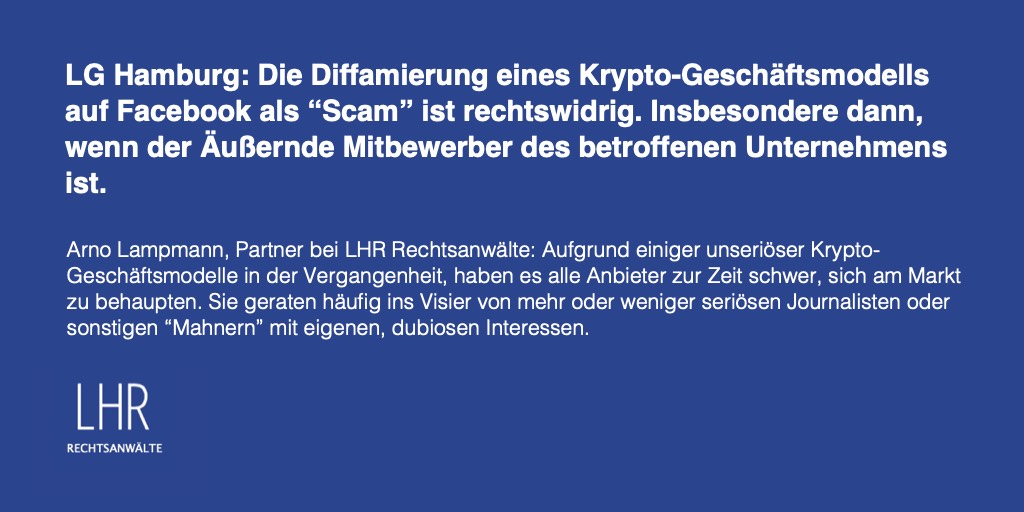
The Regional Court of Hamburg (LG Hamburg, Beschluss v. 14.1.2020, Az. 327 O 16/20) has issued a temporary injunction against one of the now numerous self-proclaimed blockchain and crypto experts.
This prohibits the defendant, among other things, from describing a competing business model as a “scam” and therefore as a fraudulent model in a Facebook post. In the event of non-compliance, a fine of up to € 250,000 or up to six months’ imprisonment is threatened. The amount in dispute was set at €100,000.
The decision is not final and was issued without an oral hearing. The defendant now has the option of lodging an objection or clarifying the facts of the case in the main proceedings.
Where there is light, there is also shadow
Cryptocurrencies such as Bitcoin, Ethereum or Bitcoin Cash are the hot topic in the financial sector. The fascinating new technology and the (payment) systems based on it are capturing the imagination of software experts, copyright and patent lawyers, economists and financial experts.
But where there is light, there is also shadow. Against this backdrop, reputable business models are currently finding it particularly difficult to assert themselves on the market. Sometimes they are even unfairly targeted by more or less reputable journalists or other “admonishers” with their own dubious interests.
We have already reported on the case of an investigative crypto expert of this kind here:
The critic pursued his own interests
In this case, too, the “critic” was not entirely without self-interest. The expert and, by his own account, “international keynote speaker” had offered to give a presentation at one of the company’s conventions for a not inconsiderable sum of money. The applicant agreed and invited him.
However, the defendant suddenly refused to keep his promise shortly before the event; a decision that the company ultimately accepted because it had become apparent in the meantime that the defendant had advertised dubious investment models in connection with cryptocurrencies in the past and was therefore not suitable as a representative for the business model anyway.
However, the breach of contract did not stop there. The defendant later published a post on his Facebook page – presumably out of anger over the canceled order – in which he publicly referred to the company as a “scam”, among other things, to his “fans”. Understandably, the applicants did not want to put up with this defamation. What was particularly piquant in this case was that the “expert” even tried to compete with the company with flimsy crypto investment models, i.e. he was a competitor.
A Facebook post is no small matter for the court
After a request to remedy the infringement and an opportunity to submit a cease-and-desist declaration remained unanswered, an application for a temporary injunction was necessary, which the competent competition chamber of the Hamburg Regional Court immediately issued (LG Hamburg, Beschluss v. 14.1.2020, Az. 327 O 16/20).
What is interesting about this case is that the Regional Court did not dismiss the defendant’s Facebook machinations as a petitesse, but took the matter seriously, as evidenced by the amount in dispute of €100,000, and acted immediately.
Public false claims cause high damages
The removal of the reporting is currently still ongoing. In addition to the claims for injunctive relief, there are extensive claims for damages, the amount of which the company naturally cannot yet determine precisely, but which will be considerable due to the seriousness of the allegations.
Lawyer Arno Lampmann from the law firm LHR:
Untrue and disparaging reporting often causes millions in damages, which not only affect companies. Customers of business models that have been wrongly led into crisis also lose the money they have invested. Fortunately, a high success rate can be recorded in such cases, as courts have now recognized the damage that can be caused, not least to customers, by unlawful statements in public and therefore immediately prohibit them by way of interim legal protection.
(Disclosure: Our law firm represented the applicants).
